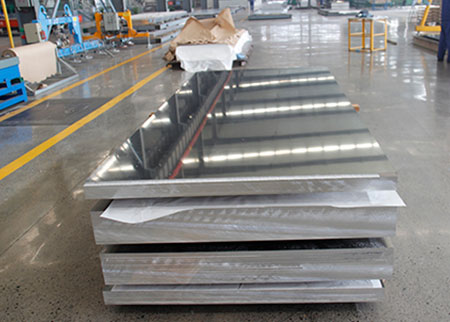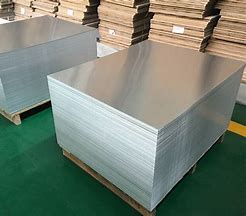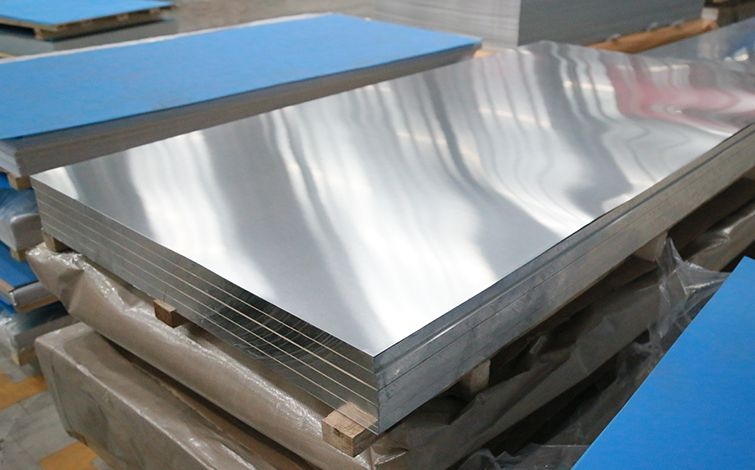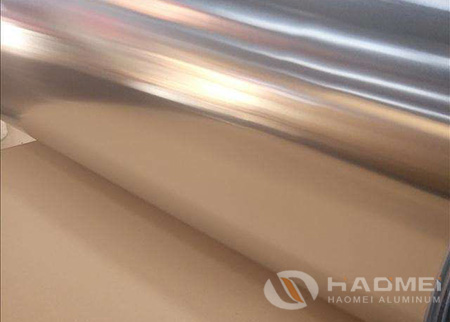



Aluminum alloys are widely used in various industries due to their unique properties such as lightweight, high strength, and corrosion resistance. These properties can be further enhanced by adding other metals to the aluminum alloy. In this article, we will discuss the properties of aluminum alloys depending on the types of metals added.
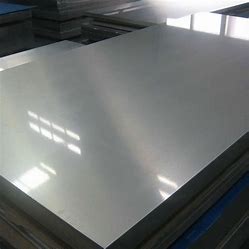
Copper is commonly added to aluminum alloys to increase their strength and hardness. Copper is also added to improve the alloy's resistance to corrosion. The copper-aluminum alloy can also be heat-treated to further increase its strength. The copper alloys are also known for their excellent electrical and thermal conductivity. These alloys are widely used in electrical applications such as cables and wires, and heat exchangers.
Magnesium is another common metal added to aluminum alloys. The addition of magnesium increases the alloy's strength and improves its machinability. Magnesium also improves the alloy's resistance to corrosion, especially in marine environments. The magnesium-aluminum alloys are also known for their excellent weldability, making them ideal for joining aluminum parts. These alloys are widely used in the aerospace and automotive industries.
Adding zinc to aluminum alloys can improve their strength and corrosion resistance. Zinc-aluminum alloys are commonly used in die casting applications due to their excellent casting properties and high strength. The zinc-aluminum alloys are also known for their good wear resistance, making them suitable for components that encounter high stress and wear. These alloys are commonly used in the automotive industry, specifically in engine components such as pistons and crankshafts.
In conclusion, the properties of aluminum alloys can be enhanced by adding other metals such as copper, magnesium, and zinc. These additions can increase the alloy's strength, hardness, and corrosion resistance. The specific properties of an aluminum alloy depend on the type and amount of metal added to it. Therefore, selecting the right alloy for a specific application is crucial to ensure optimal performance. Aluminum alloys with added metals are used in a variety of applications, including aerospace, automotive, and construction industries. These alloys have proven to be reliable, cost-effective, and environmentally friendly alternatives to traditional materials.
* Thank you for your inquiry. Please provide your business needs information so that we can better serve you.
This information can help us assign the most suitable person to solve your problem. We will give you feedback within 1-2 working days.
Related Blog
